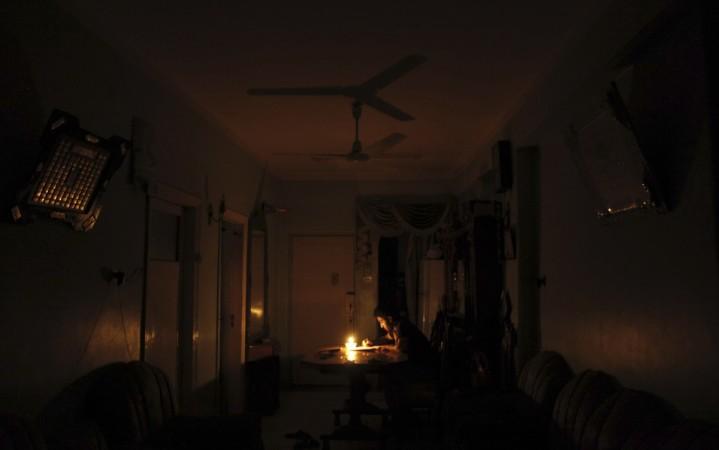
Firdous Ahmed, a 43-year-old resident of Bandipora in J&K, endured a month-long ordeal in the bone-chilling winter of Kashmir after being compelled to pay a hefty electricity bill amounting to Rs 1.5 lakh. Ahmed's plight exposes the insensitivity of some Jammu and Kashmir Power Development Department (PDD) officers, along with allegations of mistreatment by junior engineers.
Speaking to International Business Times, Ahmed narrated his distressing experience with the J&K Power Department's Junior Engineer (JE), revealing a series of bureaucratic hurdles and personal misfortunes that left him troubled. He talked about an ongoing family dispute, which led to unpaid electricity bills despite government assurances of waiver in 2023. Despite providing his Aadhaar card, ration card, and signing an affidavit attesting to the bill's supposed waiver, Ahmed found himself embroiled in further complications when he sought to relocate to a new home.
An outstanding bill with exorbitant charges
Upon applying for a new electrical agreement, Ahmed was shocked to discover an outstanding bill of Rs 2,41,000, including exorbitant interest charges. He pled for leniency and a request to pay in instalments, but the power department remained unyielding, leaving Ahmed and his family without electricity for over a month. The dire situation took a toll on Ahmed's children, who remained supportive during their father's plight and even agreed to study by candlelight.
Firdous Ahmed is the father of three kids; eldest daughter studying in 10th, son in 7th and the youngest son only 3 years old.

Desperate Ahmed offered to provide an affidavit guaranteeing payment by March 15, but his appeals fell on deaf ears. He claims to have even attempted to reason with the authorities, but he was attacked on personal levels and found himself on the receiving end of false accusations by Fateh Mohammed, a power department officer.
IBTimes' repeated attempts to get AEE Riyaz Ahmed's statement did not yield a response. This article will be updated with his response when it arrives.
International Business Times reached out to JE Mir Mudassir for comment, who refuted Ahmed's claims, asserting that Ahmed's father, Ghulam Mohiuddin, was the named consumer and the property was commercial. Mudassir accused Ahmed of employing pressure tactics and emphasized the department's duty to ensure all outstanding arrears are settled.
Ahmed's ordeal exposes the contrast between the treatment given to common citizens and influential figures. While the electricity board reportedly waives off crores of rupees for select individuals, Ahmed had to be without power due to a bill not even in his name. According to a source, who chose to reveal one incident on the condition of anonymity, a businessman's (identity withheld) electricity bill worth Rs 14 crore was reduced to Rs 3 crore recently.
This incident demonstrates the urgent need for transparency and empathy within the power distribution system.

















